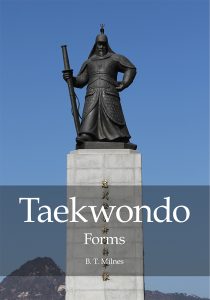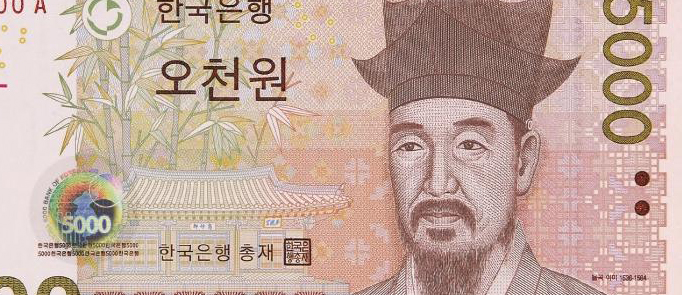Yulgok is the pen name of the scholar Yi Yi, who was one of the two most prominent scholars on Confucianism in Korea during the sixteenth century.
Yi Yi was born in 1537 C.E. in the city of Gangneung, in Gangwon province, which nowadays is in South Korea, but which at the time was part of the Kingdom of Joseon. He was born into an aristocratic family – his father was a Fourth State Councillor, and his mother was Shin Saimdang, the famous Korean artist, writer, calligrapher, and poet.
At the time, in order to hold a governmental position in Korea, you had to pass the Civil Service literary exams. These exams were predominantly a test of a person’s knowledge of the Confucian classics. Passing these exams was seen as very important by the aristocracy of Korea.
Yi Yi excelled in the Civil Service exams, and went on to hold a number of positions within government throughout his life. He was a contemporary of Yi Hwang – another prominent Korean Confucian scholar, after whom a Taekwondo pattern is also named – the pattern Toigye.
The hangeul for Yulgok is 율곡, and it means ‘the valley of chestnut trees’.
Related questions
Want to learn more?

If you'd like to learn more about the forms / patterns in Taekwondo, consider buying this book: Taekwondo Forms. It lists the movements and gives the floor diagrams and interpretations for 71 forms from four different styles of Taekwondo - it's the ultimate reference book for anyone studying forms in detail.






